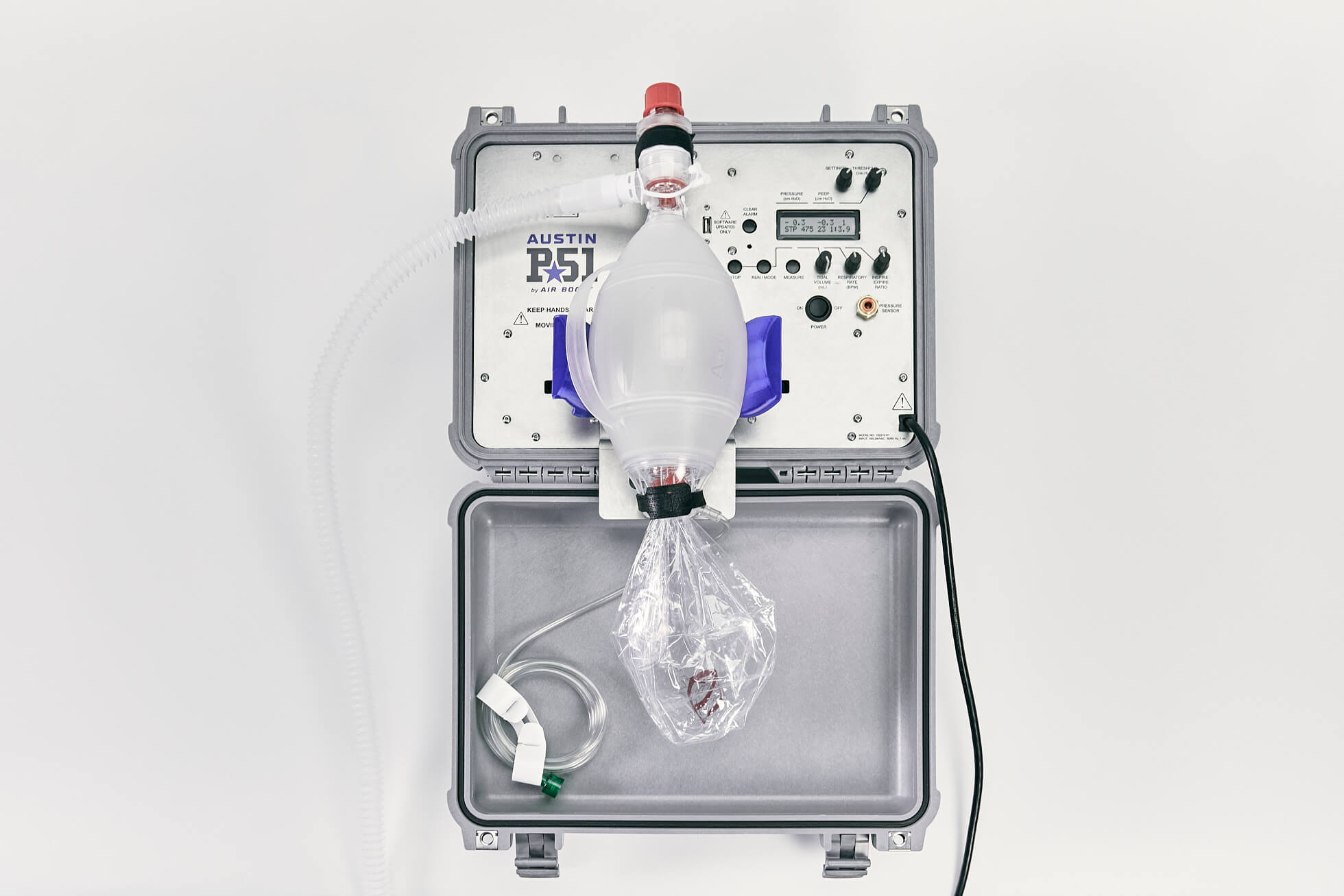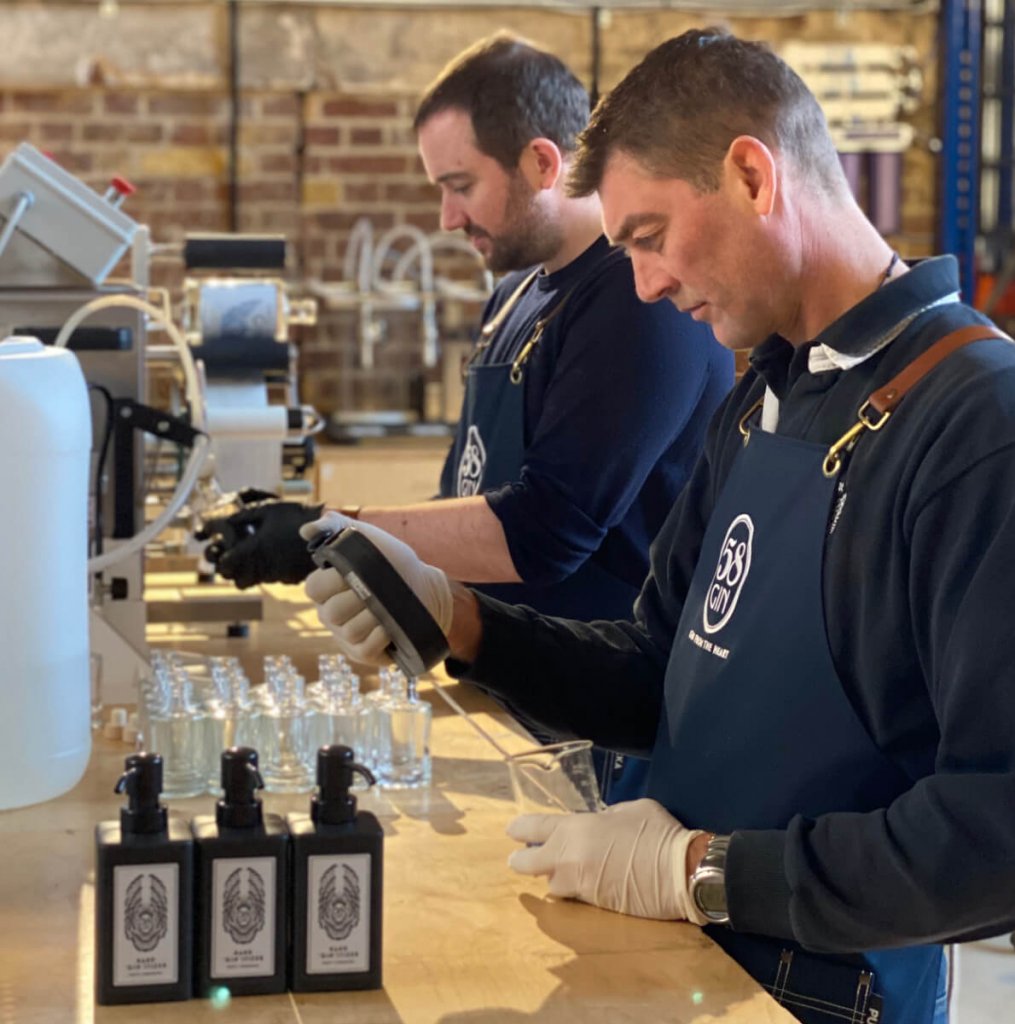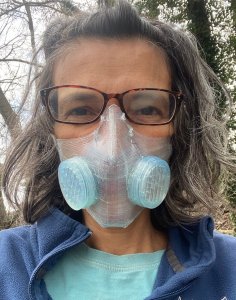As the coronavirus continues to sweep across the globe, brands are rushing to respond. You’d be hard pressed to find a company, big or small, that isn’t talking about COVID-19 right now.
For some brands, this wake-up call has created an understanding: Social good is also good for business. It’s the kind of “enlightened self-interest” that Lemonade is built on, the realization that you don’t have to choose between what benefits yourself and others.
Polls have found that a striking majority of consumers expect brands to reinvent themselves in the wake of the COVID-19 pandemic.
At Lemonade, a social mission is part of our DNA, beginning with our Giveback program, which we recently updated to allow Lemonaders to donate their unused premiums to the non-profit Direct Relief.
Other brands are also committed, in a real way, to building an authentic double bottom line. Here are some of the outside-the-box and inspiring ways brands have been adapting and evolving during these challenging times.
Fighting “insane markups” on life-saving equipment
Many brands have made radical changes to combat the virus in real-time. The Texas product development firm SISU, for instance, helps make robotic equipment meant to do everything from sharpen knives to operate and maneuver film cameras. They’ve since invented and produced a low-cost ventilator for hospitals, dubbed the Austin P51.
“Everyone who needs a ventilator will have access to one,” says SISU’s Mark Frye, “at an extremely affordable cost to the hospitals and medical professionals purchasing them.”
While typical ventilators retail at $20,000 to $60,000, the Austin P51 comes in at… around $2,000. “All of us know that in the medical world there are insane markups on life-saving medical devices,” SISU’s Project Manager Mark Frye tells us.“The non-profit AIR BOOST partnered with us to make sure that everyone who needs a ventilator will have access to one, at an extremely affordable cost to the hospitals and medical professionals purchasing them.” (SISU is currently awaiting an emergency use authorization from the FDA before they can start sending out their invention to hospitals.)

The small and affordable Austin P51 ventilator produced by Sisu.
Frye notes the ventilator’s compact size, and the fact that the unit can be powered by an internal battery pack when not plugged into the wall. “While a standard ventilator exists to stay on a hospital cart and be moved from patient to patient, ours can run wherever a ventilator is needed—while riding in a helicopter, submarine, ambulance, etc. The patient can even hold the ventilator on their chest while it’s running, if needed.”
From booze to hand sanitizer
Handwashing is integral to the fight against COVID-19, and yet sanitizers are still shockingly difficult to find. As a result, liquor brands around the world have switched gears, with many of them producing their own alcohol-based gels and sprays.

58 Gin workers producing their new “Gin-Itizer.”
Old-fashioned, eternally sold-out Purell looks positively bland next to London distillery 58 Gin’s snazzy ‘Hand Gin-Itizer’ (with 30,000 bottles going to police stations, nursing homes, and hospitals) or Scottish brand BrewDog’s Hygienic Hand Rub.
BrewDog now has so much sanitizer en route to hospitals that they don’t know where to put it all. “Container availability has been interesting,” the brewery says on their website. “We’ve overcome the challenge by packing the sanitizer in anything suitable we can get our paws on, including small beer bottles (to be used to refill other containers).”
Making masks, both conventional and high-tech
We’re all slowly getting used to the idea of wearing a mask whenever we’re closer than 6 feet to others—which, in many cities, is basically all the time. Medical workers need higher-grade N95 masks to do their jobs, but ordinary citizens can make do with well-made cloth versions. That’s led to a cottage industry of DIY crafters all working from home, but not everyone can become an assembly-line-of-one.
Everyone from fashion brand Birdwell to shoe manufacturer OESH has joined the effort to get protective equipment to medical workers and ordinary citizens.
Thankfully, fashion brands have been instrumental in shifting their production to help produce and distribute cloth masks. Reformation, a Los Angeles-based womenswear brand, is one of the lead partners in L.A. Protects, a citywide initiative that aims to make 5 million face masks. Reformation says they’ve already sold 300,000 masks, at cost, as well as making product donations to UCLA Health and the Mission Homeless Shelters.

Dr. Casey Kerrigan wearing a 3D-printed mask by OESH shoes.
Meanwhile, OESH Shoes, a Virginia-based brand that created a space-age-looking respirator that they suggest is a substitute in the absence of N95 masks. (It’s important to note their design has not been officially approved by the FDA nor NIOSH, which involves a lengthy process.) OESH has taken the 3D printing chops they usually apply to footwear and adapted them for the age of COVID-19.
“Our co-founder, Dr. Casey Kerrigan—graduate of the Harvard Medical School in 1987—looked at the scarcity of appropriate face mask respirators for the pandemic and came up with a flexible, washable, and all-day product,” OESH Shoes CEO Robert Kusyk tells Lemonade. The masks, he adds, are mainly being donated to EMS workers and nursing home staff. “The demand for these is the dictionary definition of ‘insatiable,’” Kusyk adds.
Because someone has to make the shows you’re binge watching
It’s no surprise that Netflix’s bottom line has thrived during quarantine—with the company racking up 15.8 million new subscribers last quarter alone, according to Fast Company.
And the brand is giving the world more than just addictive fodder like Tiger King and Love Is Blind to distract remote workers between endless Zoom calls. They’ve launched a $150 million fund to assist individuals in the film and television industry who have been affected by the COVID-19 pandemic. It underscores a way of rethinking what we mean by “essential businesses,” since every business is essential to the workers who depend on it for their livelihoods.
A majority of the money will support workers on Netflix’s productions around the world, including $30 million to assist third parties and nonprofits that are providing emergency relief to out-of-work crew and cast in the countries where Netflix has a large production base. In the U.S., that cash will help groups like the Actors Fund Emergency Assistance.
Helping support musicians during quarantine
Live tours help musicians pay the rent, and it’s starting to look like crowded concerts might not return for many months, if not longer.
Sure, huge names will probably weather this storm. But not every musician can be Fiona Apple (whose beautiful, angry quarantine release Fetch the Bolt Cutters has now officially been streamed by 99.9% of all American households, we imagine). What’s an ordinary band to do?
Enter Bandcamp, the music hosting-and-sales platform beloved by indie acts looking to make a splash. They’ve announced certain days in which the site will forego their own percentage of sales, with all proceeds going to the musicians. The first time around, consumers responded wildly, according to a statement from CEO and co-founder Ethan Diamond. They spent “$4.3 million on music and merch—15x the amount of a normal Friday—helping artists cover rents, mortgages, groceries, medications, and so much more. It was truly inspiring.”
The platform held another waiver day on May 1, generating $7.1 million in sales that time around. Mark your calendars: Bandcamp’s next COVID-19 support sales are June 5 and July 3.
Thoughtful gifts for those in need
While straightforward financial generosity is great, certain brands have also made thoughtful donations of products that healthcare workers can appreciate.
Allbirds launched a program that provided around $500,000 worth of their machine-washable shoes to U.S. healthcare workers, and later gave pairs to the National Health Service in the U.K. They then gave customers the option of a “buy-one-give-one” program: Purchase shoes for yourself, then send a pair to a healthcare worker (at 50% off the usual cost). In the end, around $1.1 million dollars worth of shoes made their way to essential medical staff.
View this post on Instagram
Meanwhile, medical professionals are washing and sanitizing their hands countless times a day, leaving their palms and cuticles dry, cracked, and even bloodied. Understandably, hand creams are among the beauty products most often requested by nurses and providers working directly with COVID-19 patients. Glossier recently debuted the brand’s first-ever hand cream, and donated its first 10,000 tubes to the health-care workers most in need. Who says essential supplies can’t be a little chic?